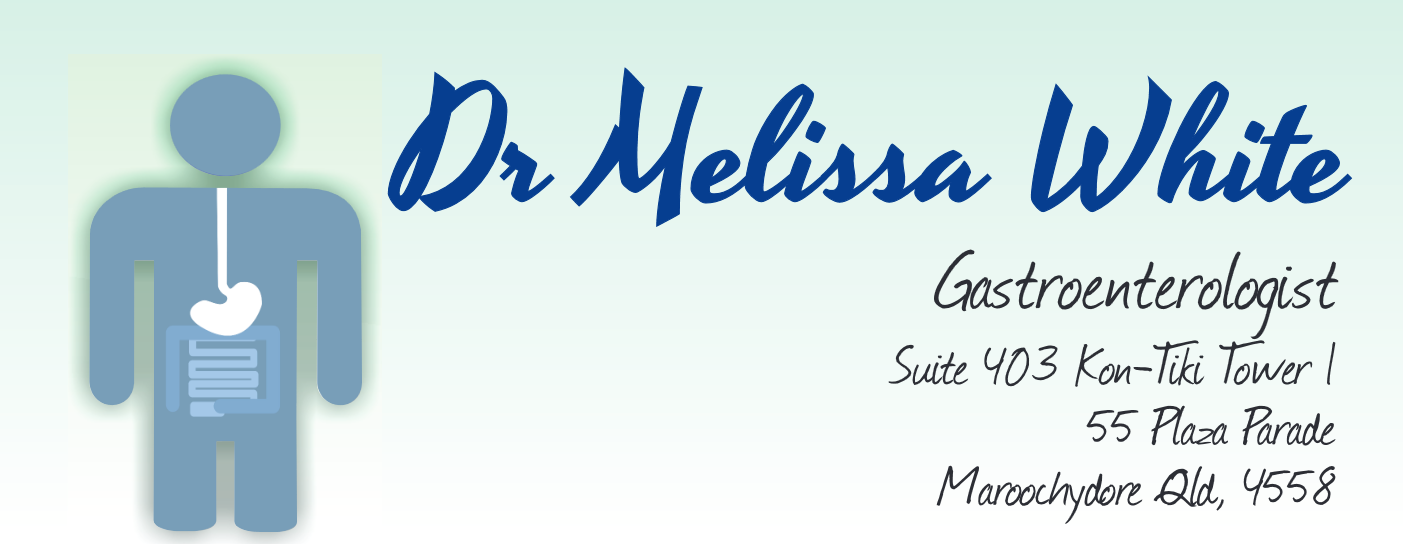Ulcerative Colitis
Inflammatory Bowel Disease (IBD) is a medical term that describes a group of conditions in which the intestines become inflamed (red and swollen). Two major types of IBD are Crohn’s disease and Ulcerative Colitis.
Ulcerative Colitis affects the large intestine (colon) whereas Crohn’s disease can occur in any part of the intestines. No one knows for certain yet what causes IBD but it is believed to be a combination of genetic, environmental and immunological factors. Exposure to environmental triggers – possibly but not necessarily viruses, bacteria and/or proteins or a combination of such triggers prompts the immune system to switch on its normal defence mechanism (inflammation) against a foreign substance. In most people, this immune response gradually winds down once the foreign substance is destroyed. In some people (possibly those with a genetic susceptibility to IBD), the immune system fails to react to the usual ‘switch off’ signals so the inflammation continues unchecked. Prolonged inflammation eventually damages the walls of the gastrointestinal tract and causes the symptoms of IBD.
The ways in which IBD affects a person with the condition is highly variable. It depends on where the disease is located in the gastrointestinal tract and how severe the inflammation is within the affected area. Symptoms of IBD may range from mild to severe but tend to include the following:
Abdominal cramps and pains
Frequent, watery diarrhoea (may be bloody)
Severe urgency to have a bowel movement
Fever during active stages of disease
Loss of appetite and weight loss
Tiredness and fatigue
Anaemia (due to blood loss)
A small percentage of people with IBD may also experience problems outside the gastrointestinal tract including joint pain, skin conditions, eye inflammation, liver disorders and thinning of the bones (osteoporosis). Although IBD is a chronic (ongoing) condition, symptoms may come and go depending on the presence and degree of inflammation in the gastrointestinal tract. When inflammation is severe, the disease is considered to be in an active stage. When inflammation is less (or absent), symptoms may disappear altogether and the disease is considered to be in remission. For most people with IBD, the usual course of disease involves periods of remission interspersed with occasional flare-ups.
IBD cannot be cured as yet but it can be managed effectively, especially with the use of medications to control the abnormal inflammatory response. Controlling inflammation allows the intestinal tissues to heal and relieves the symptoms of abdominal pain and diarrhoea. Types of medications most commonly used to manage IBD include aminosalicylates, corticosteroids, immunomodulators, biological agents and antibiotics.
In ulcerative colitis, inflammation occurs on the lining (mucosa) of the large intestine or colon. The inflammation is usually located in the rectum and lower colon but may involve other parts of the colon and sometimes even the entire colon. Tiny open sores or ulcers form on the surface of the lining and these may bleed. The inflamed lining also produces a larger than normal amount of intestinal lubricant or mucus which sometimes contain pus. Inflammation in the colon reduces its ability to reabsorb fluid from the faeces which causes diarrhoea. Inflammation in the rectum can lead to a sense of urgency to a bowel movement.
Long term management with small doses of medication are the aim of treatment to achieve remission. It is believed that this reduces your risk of bowel cancer. Long term care by Dr White or your gastroenterologist is essential. Eventually, reviews are yearly.
